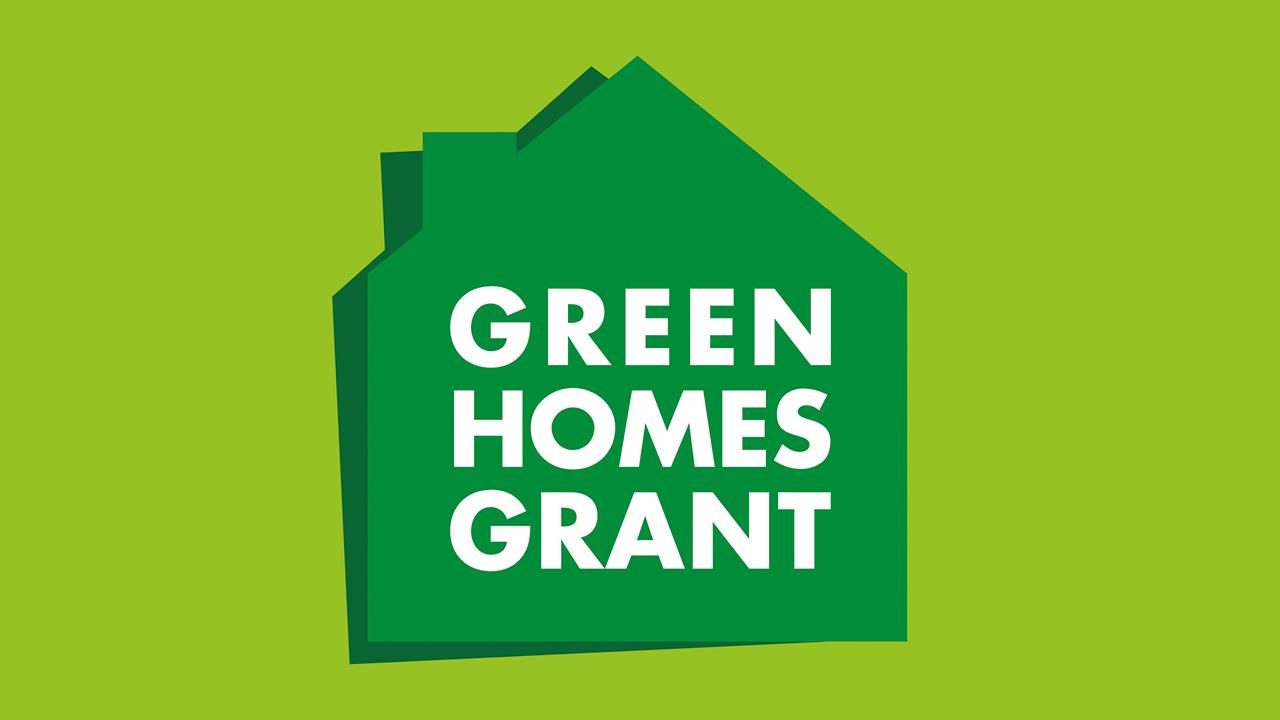


Neil Macdonald, Technical Manager at the Heating and Hotwater Industry Council, explains the ins and outs of the Green Homes Grant and how it could end up being a missed opportunity for the industry.
The Green Homes Grant allows homeowners to claim two-thirds (up to a maximum £5,000 value) of the cost of qualifying energy efficiency or low carbon heating improvements to their home. For those on low incomes and/or certain benefits, a voucher for the full value of qualifying measures may be available, up to a maximum value of £10,000.
The scheme is designed to facilitate the delivery of low carbon homes, an important step towards achieving net-zero, and will form an integral part of the ‘green recovery’.
The role of MCS and TrustMark
The inclusion of low carbon products in the Green Homes Grant scheme means that the contractors who will be carrying out the work will require a certain level of skills and competency. This is why MCS and Trustmark have been given an important role to play in the delivery of renovations and installations.
MCS is involved in the creation and maintenance of standards that allow for the certification of low carbon products and installations that are used to produce electricity and heat from renewable sources. TrustMark, meanwhile, is the government-endorsed quality scheme for tradespeople.
Businesses must be registered under TrustMark to carry out work under the Green Homes Grant, and be MCS-certified for the installation of low carbon technologies that are to be fitted under the scheme. The government would say that this ensures quality assurance and safeguards the positive impact of the delivery of low carbon domestic heating solutions.
Compliance
In-line with these requirements, there are specific levels of certification that contractors should meet. With works under the scheme likely to be deemed retrofit energy efficiency measures, the contracting business must be certified to either PAS 2030:2017 or PAS 2030:2019, subject to the ongoing transitional arrangements that require a full industry changeover to PAS 2030:2019 (and PAS 2035 standards) by 30 June 2021. Businesses previously holding PAS 2030:2017 who have transitioned to PAS 2030:2019 before 1 November 2020, are able to work to either standard, up until this date.
It is worth noting, however, that as part of the TrustMark Scheme rules being finalised with the Department for Business, Energy & Industrial Strategy, TrustMark advises that high-risk properties such as park homes, high-rise, and protected buildings will likely require improvement under PAS 2035/PAS 2030:2019.
Within MCS, there is the standard MCS 023, with MCS stating that certified businesses will need to evidence their compliance to MCS 023 to their certification body. This can be achieved via the completion of a questionnaire that the certification body can provide, allowing businesses to declare compliance against a series of statements that relate to MCS 023/PAS 2030. This is free to do and checked during the certification body’s next annual assessment audit for a business.
Limitations of the scheme
As we’ve outlined here, the Green Homes Grant is a positive move in terms of encouraging more low carbon heating, however, there are a couple of missed opportunities in terms of its scope.
For example, the exclusion of gas boilers is disappointing, given the positive impact that replacing older inefficient boilers with a highly efficient condensing boiler could have on homeowners and the wider industry in general. The Heating and Hotwater Industry Council has called for a new boiler scrappage scheme to stimulate the economy and contribute to the green recovery, as well as helping the more-than 130,000 registered gas engineers (who may have seen a downturn in their work/earnings) kickstart their businesses after a challenging year.
Furthermore, key heating system components which can make valuable contributions to energy reduction, such as hot water cylinders, renewable or otherwise, or heating controls, cannot be installed under the Green Homes Grant as standalone measures (without a ‘primary’ measure, such as insulation or a heat pump). In reality, this may mean that in most cases much, if not all, of the voucher value will be taken up by the primary measure(s), e.g. for low carbon heating, which could impact on the uptake of these valuable supporting secondary measures.
A positive step
Despite some of its shortcomings, the Green Homes Grant is a positive step towards net-zero, and an important part of the green recovery. Anything which promotes the uptake of highly efficient heating technology is, of course, something to be celebrated, but we fear the limited scope will not allow the scheme to achieve the full potential which could have otherwise been realised
If you'd like to keep up-to-date with the latest developments in the heating and plumbing industry, why not subscribe to our weekly newsletters? Just click the button below and you can ensure all the latest industry news and new product information lands in your inbox every week.